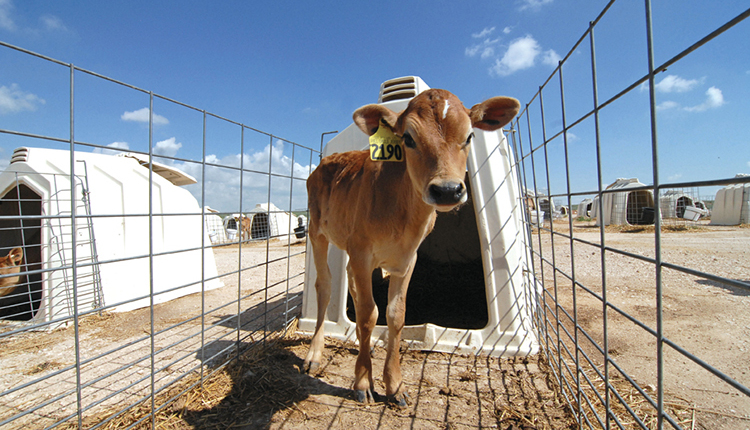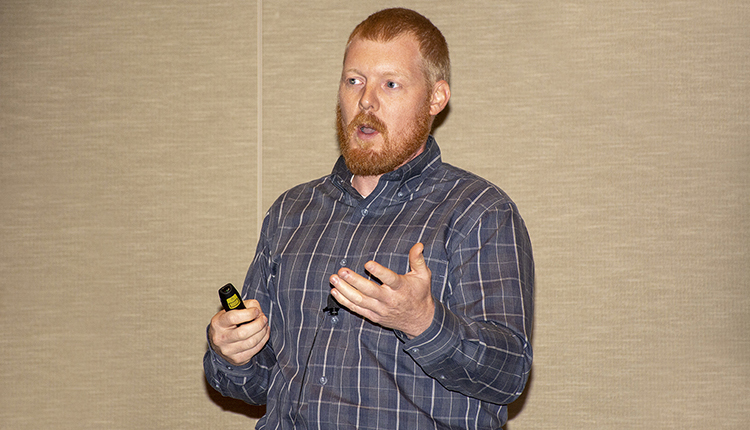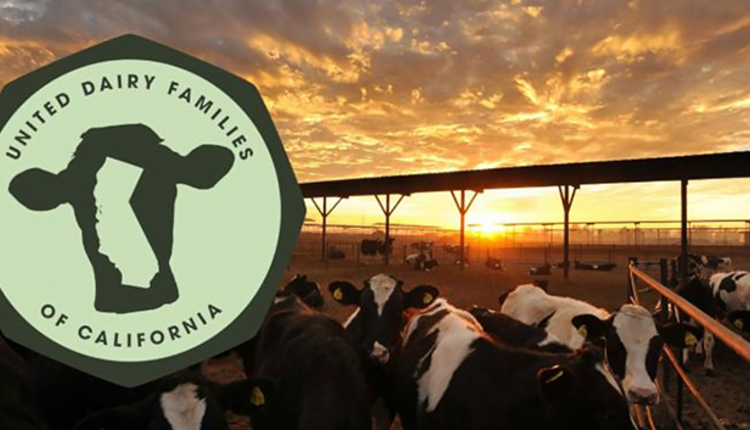
In the strange world of federal laws and politics, milk prices doubling on January 1 is theoretically possible. But even for a dysfunctional Congress, there is no way that's going to happen, says Charlie Garrison, a former dairy producer and now a leading dairy lobbyist (pictured here).
Whenever a farm bill expires, Congress has three options: extend it, pass a new one, or let things revert to permanent laws passed in 1949 and 1938. The last farm bill expired December 31, 2012 and was extended, but time is running out again and debate about a new bill is bogged down over removing food stamps from it.
December 31 is fast approaching and the old laws are back in play. They would require farm milk prices to be calculated under the old parity system – an inflation-adjusted index based upon the cost of a basket of goods and services that dairy producers bought between 1910 and 1914. The law stipulates a minimum price of 75 percent of parity, which works out to about $38 per hundredweight today.
That's a potential public opinion debacle that some farm bill debate participants think might sway Congress to get more serious about passing a bill, but not Garrison.
"The one stand-alone dairy bill that I know could pass tomorrow would be Congress getting in the way of milk prices doubling," he said last week at the United Dairymen of Idaho annual meeting in Boise. "Thirty-eight dollar milk is not going to happen."








